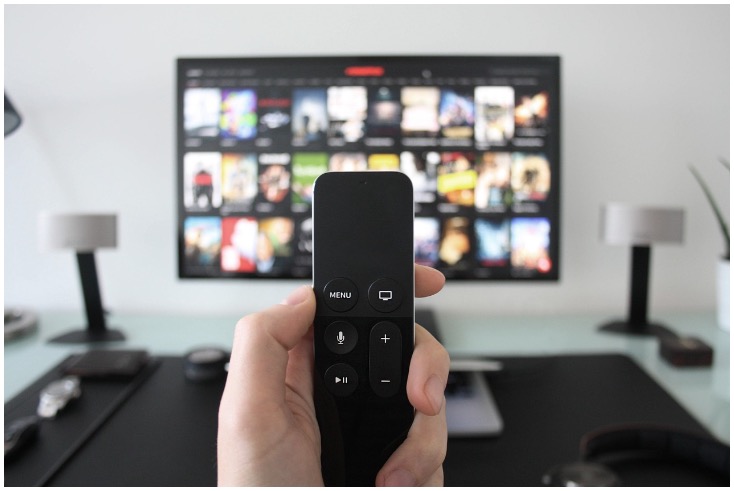Enders’ TV reforms could be more radical

ITV’s director of commercial strategy and trading suggests broadcasters need more freedom to sell differently in order to reform TV trading.
It was good to see the Enders report into TV advertising adding to the series of recent calls to evolve TV trading. If you agree with the importance of preserving TV as the most powerful mass reach marketing tool, then it provides a compelling rationale for change.
But could it have been even more revolutionary in what it suggests?
New approaches are recommended across the board and are designed to help broadcasters, agencies and advertisers settle on a way of monetising audiences that enables broadcasters to continue to fund attractive, mass reach content in an acceptable way for all involved.
This is the nub of it: content is unlikely to become cheaper and audiences are unlikely to increase.
The industry has to wrestle with the question of how advertising-financed broadcasters pay for this content (or, more accurately, how their advertiser clients pay for it) or, as forecasted in the report, the audiences are likely to disappear.
ITV’s ambition to offer a two-tier sell, analogous is in many ways to the Enders recommendation; an addressable sell, sitting alongside a context based one.
Planet V has been our first step in creating and offering a self-serve portal for advertisers and agencies to access addressable inventory on a completely flexible, data enabled basis. New and innovative products are being added all the time, ranging from real time weather-based targeting fed by API’s, to unique products derived from advertiser’s proprietary first party data sets.
The platform is open to other broadcasters to join and can absolutely help fulfil the recommendation for a universal access point for all Broadcast Video on Demand (BVOD) and addressable inventory.
A new service enabling access to new inventory is arguably the easy part. The more challenging part is how to change the existing linear model. If everyone sees the need for change and agrees then it should be straightforward, right?
This is where I really start to question things. Although it feels somewhat inappropriate to mention global warming in the same sentence as TV trading, we can see similar challenges – far more profound issues, where everyone agrees change is an imperative and overdue, find progress difficult to achieve.
The present, the short term and individual impacts get in the way until action is mandated or the situation becomes seemingly critical.
But what happens if not everyone agrees that preserving TV as a mass marketing tool is a worthy ambition? This is where perhaps the Enders report could have been more radical in its recommendations.
[advert position=”left”]
Ultimately this is about broadcasters’ business models. If all broadcasters were free to change their sales approaches, would it not provide the impetus for radical change? There is understandable nervousness about price inflation, but the consequence of getting that wrong is highlighted at the outset of the Enders report.
Too much inflation gets us to the scenario that Enders paints, should nothing else change. TV will be too expensive, revenue will leave and broadcasters’ business models will be in trouble. Isn’t that how markets evolve?
Perhaps it’s time we let TV and ITV evolve as other businesses do, so we can all move forward and realise the changes we see are possible.
Ben Allen is director of commercial strategy and trading at ITV



